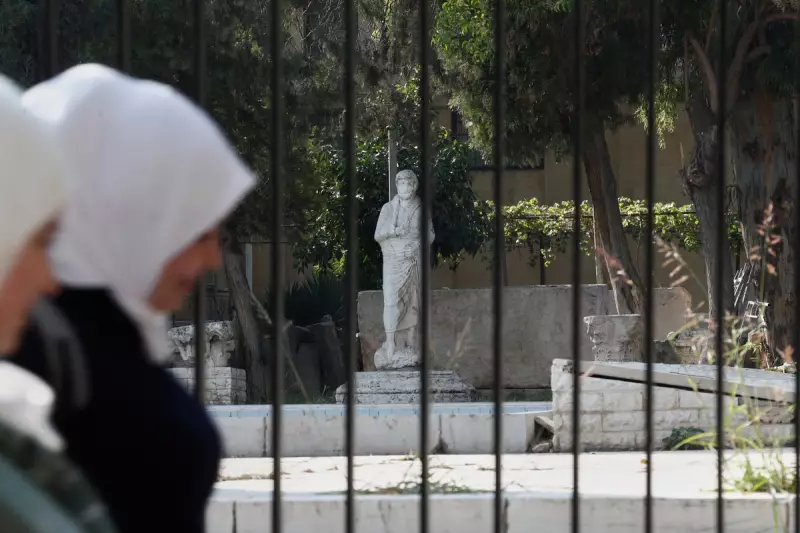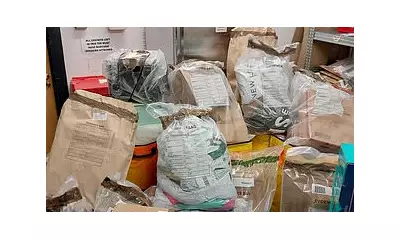
Major Theft at Syria's National Museum
In a significant blow to Syria's cultural heritage, several ancient Roman statues have been stolen from the National Museum in Damascus. Officials announced on Wednesday that investigators believe the theft was likely the work of a single individual, contradicting initial fears of an organised criminal gang.
Museum Closed Amidst Ongoing Investigation
The museum has remained closed since the discovery of the theft early on Monday. This incident is particularly disheartening as the institution had only reopened in January 2025, following the country's recovery from a devastating 14-year civil war and the end of 54 years of Assad family rule the previous year.
On Wednesday, a security vehicle was stationed outside the main gate of the central Damascus museum. Guards were present, and public access was firmly denied due to the active investigation.
Progress in the Case and Public Outcry
Two officials from Syria’s Directorate-General for Antiquities and Museums, speaking on condition of anonymity, confirmed that progress has been made and results are expected soon. "God willing we will reach good results," one official stated.
The theft has provoked anger among Damascus residents, who see it as an attack on the nation's efforts to rebuild after a conflict that claimed half a million lives. "This is not only an aggression on the Syrian state but an aggression on Syrian civilization," said resident Waddah Khalifeh, expressing concerns that the thieves aim to smuggle the priceless statues abroad.
Despite the Directorate-General's claim on Tuesday that museum activities were unaffected, an AP journalist was turned away on Wednesday, with all sections, including outdoor areas, closed for the investigation.
The museum's reopening on 8th January had symbolised a new era, occurring a month after rebels ousted President Bashar Assad. It had previously closed briefly due to fears of looting following the rebel offensive that ended decades of Assad family rule.
Another resident, Hussein Abu al-Kheir, voiced the collective hope: "I hope that these pieces will be returned because this is good for the new Syria." This theft is a stark reminder of the vulnerability of cultural treasures in a nation still healing from conflict, which saw historic sites like Palmyra suffer greatly, including the destruction of mausoleums by Islamic State group members in 2015.





